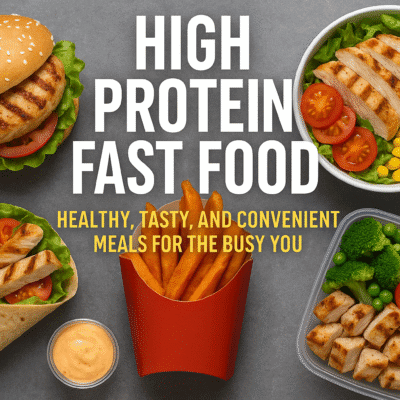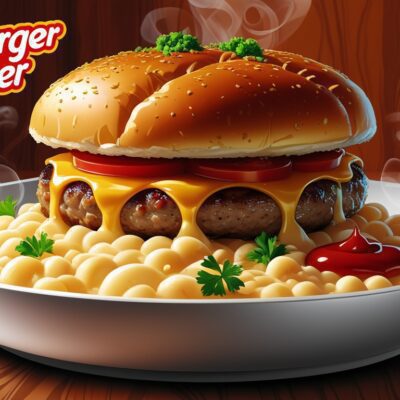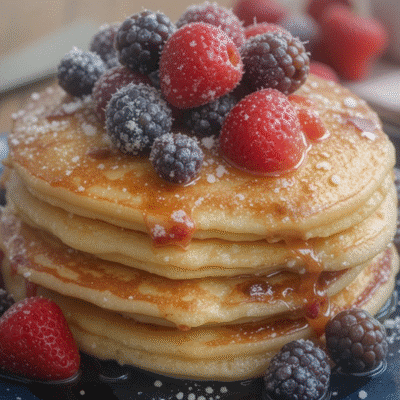As a pet owner, you’ve probably faced the occasional moment of panic when your cat strays to the dog’s bowl for a curious nibble. You may wonder, “Can cats eat dog food?” or “Is it safe for my feline friend?” These questions are not only common but also crucial to ensure the health and well-being of your pets. This blog dives into the differences between cat and dog food, the risks of feeding dog food to cats, and how to maintain a balanced diet for your furry companion.

Understanding the Difference: Cat Food vs. Dog Food
Cats and dogs may both own our hearts, but their nutritional needs are worlds apart. Cats are obligate carnivores, meaning their diets must primarily consist of meat to provide essential nutrients. Dogs, on the other hand, are omnivores, capable of digesting both animal and plant-based foods.
Key Differences in Nutritional Needs
- Cats require more protein than dogs. Their bodies are designed to process animal proteins, making it a staple for energy and overall health.
- Taurine is essential for cats: This amino acid is critical for heart, eye, and digestive health, and it’s only found in animal-based proteins. Dog food often lacks sufficient taurine for a cat’s needs.
- Vitamin A: Cats cannot synthesize Vitamin A from beta-carotene (found in vegetables), so it must be included in their food. Dogs, however, can convert beta-carotene, so their food may rely on this source.
- Arachidonic acid: This fatty acid is vital for skin, coat, and inflammation regulation in cats but is not always included in dog food.
- Calorie density: Cats generally eat smaller portions but require a calorie-dense diet, whereas dog food may not meet these energy needs.
Feeding your cat dog food can lead to deficiencies in these vital nutrients, which over time, can harm their health.
Can Cats Eat Dog Food?
The Risks of Feeding Your Cat Dog Food
While an accidental bite of dog food here and there is unlikely to cause harm, prolonged consumption can lead to serious health issues for cats. Here’s why:
- Lack of Taurine: Without taurine, cats can develop heart conditions like dilated cardiomyopathy and vision problems over time.
- Protein Deficiency: Cats require more protein than dogs, and dog food often falls short in meeting these dietary needs, potentially leading to muscle loss or weakness.
- Nutritional Imbalance: Dog food may contain nutrients and ingredients—like plant-based fillers—that cats have difficulty digesting or do not require.
- Calorie Imbalance: Dog food typically has a different calorie distribution, meaning your cat may not get enough energy or gain unwanted weight.
Real-Life Health Implications
Imagine a multi-pet household where a cat regularly consumes dog food. Over time, the cat might develop a dull coat, lethargy, or gastrointestinal issues due to the missing nutrients they need to thrive. Though it may seem harmless at first, these imbalances have long-term consequences.
Short-Term Nibbles
If your cat sneaks a bite of dog food occasionally, there’s no need for immediate worry. However, it’s important to discourage this habit and ensure their primary diet comes from quality cat food.
The Importance of a Balanced Diet for Cats
Cats are not just picky eaters; they have very specific dietary requirements to support their unique physiology. Meeting these needs ensures they stay active, healthy, and happy.
Key Nutrients Your Cat Needs
To maintain a healthy diet, your cat’s meals should include:
- Protein: Primarily from animal sources to fuel energy and bodily functions.
- Taurine: For heart and retinal health.
- Fatty acids: For a shiny coat and reduced inflammation.
- Vitamins & Minerals: Including Vitamins A, D, and essential B vitamins, plus calcium and phosphorus for strong bones.
- Water: Cats often don’t drink enough on their own, so wet food or water-rich options help prevent dehydration.
Tips for a Balanced Diet
- Invest in high-quality cat foods that meet AAFCO (Association of American Feed Control Officials) standards for feline nutrition.
- Include a mix of dry and wet options to cater to your cat’s dietary and hydration needs.
- If in doubt, consult a veterinarian to create a tailored meal plan suited to your cat’s age, weight, and health.
Practical Advice for Pet Owners

Choosing the Right Food for Your Cat
Shopping for cat food can be overwhelming with so many options available. Look for trusted brands that clearly label their formula as nutritionally complete and balanced for cats.
- For kittens: Opt for food designed for growth and development.
- For adults: Maintain their health with a balance of proteins and fats.
- For seniors: Choose formulas with lower calories and joint health support.
Managing Multi-Pet Households
If you have dogs and cats under one roof, these tips can help everyone stick to their own meals:
- Use separate feeding areas for cats and dogs to avoid accidental food swaps.
- Use elevated feeding stations for your cat’s food; cats can jump to higher spots that your dog can’t reach.
- Stick to timed meals instead of free-feeding to ensure each pet eats their correct food.
Why You Should Prioritize Your Cat’s Nutrition
Feeding your cat the right food isn’t just about filling their bowl—it’s about offering the best possible care for their long-term health and happiness. A balanced diet tailored to a cat’s unique needs ensures:
- Improved energy levels.
- Shinier, healthier coats.
- Strong immune systems.
- Increased lifespan.
Cats bring joy and companionship to their owners. Returning the favor by giving them the right nutrition is one of the simplest ways to show them love and care.
Final Thoughts for Responsible Pet Owners
While it may seem harmless to allow your cat to snack on dog food, it’s important to understand the long-term risks. Felines require specialized nutrients to thrive, and these are best provided by high-quality cat food designed to meet their specific dietary needs.
Make your cat’s nutrition a priority by choosing food from reputable brands, providing a balance of wet and dry options, and ensuring they have a diet tailored to their unique health requirements. If you have questions about your cat’s dietary needs, always consult a veterinarian for expert advice.
Because nothing says “I love you” to your cat more than a bowl of food that’s both delicious and nourishing.











